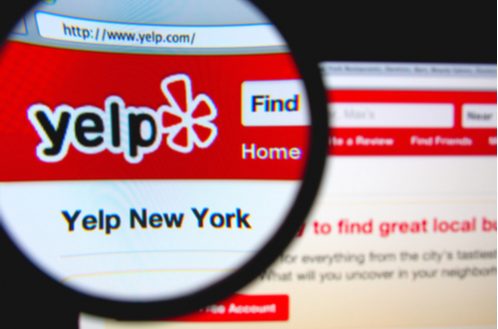Yelp, one of Google’s most enduring critics, got to share its grievances with senators on the Antitrust Subcommittee on Tuesday, reported CNBC.
At a hearing dedicated to “Examining Self-Preferencing by Digital Platforms,” Luther Lowe, Yelp’s senior vice president of public policy, laid out the company’s long-standing claims against Google. Yelp, which delivers local search results for consumers looking for restaurants or other businesses, has persistently complained that Google favors its own products and services in search, often at the expense to consumers in terms of quality.
Now, Yelp isn’t the only one paying attention. Regulators and lawmakers across the political spectrum are raising concerns about the power Big Tech companies wield over competitors who also rely on their services. Tuesday’s hearing was another demonstration that Yelp’s complaints are finally resonating in the U.S. as lawmakers introduce new policies and ramp up oversight.
Google didn’t always try to stifle competition, according to Lowe, who acknowledged co-founder Larry Page’s 2004 claimthat, “We want to get you out of Google and to the right place as fast as possible.” But Lowe said Google’s approach later shifted from this model around 2007 when it added answer boxes or “OneBoxes” that surfaced what Google seemed to determine would be the most relevant result for a user.
Because Google displayed the answer boxes at the top of search results, Lowe argued in his prepared testimony, “it had conditioned consumers to expect for the best or most relevant results from around the web — even though they no longer were. By doing so, Google physically demoted non-Google results even if they contained information with higher quality scores than the information Google.” Some of those non-Google results included Yelp, which Lowe said gets about 80% of its web traffic from Google.
“We build Google Search for our users,” a Google spokesperson said in an emailed statement. “People want quick access to information and we’re constantly improving Search to help people easily find what they’re looking for, whether it’s information on a web page, directions on a map, products for sale or a translation.”

